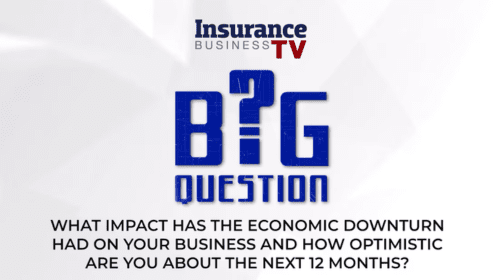
Long-standing firm serves over 85,000 customers

Markerstudy Group (Markerstudy) has revealed its plans to acquire Hughes Insurance, pending regulatory approvals and standard conditions.
This move aims to strengthen Markerstudy’s footprint in Northern Ireland.
Markerstudy Group to acquire Hughes Insurance
Hughes Insurance, with a nearly 50-year history, serves over 85,000 customers in motor, home, van, travel, and commercial insurance.
The company will be integrated into the Markerstudy Distribution division.
Kevin Spencer, chief executive of Markerstudy Group, reaffirmed the group’s commitment to the Northern Ireland market.
“Markerstudy and Hughes Insurance have traded together for many years and worked closely on numerous initiatives. We’re committed to the Northern Ireland market and are looking forward to welcoming their team and supporting their aspirations to deliver growth and innovation to enhance their customer offering,” he said.
Bernie McHugh Sonner, acting CEO of Hughes Insurance, said the deal with Markerstudy will strengthen the company’s capabilities and enhance its ability to provide innovative, competitive, and comprehensive insurance solutions.
“Joining the Markerstudy Group marks a new and exciting chapter for Hughes Insurance and our valued customers. This acquisition will not only strengthen our capabilities but also enhance our ability to provide innovative, competitive, and comprehensive insurance solutions. I look forward to the future with confidence and enthusiasm, knowing that this collaboration will drive growth and innovation for Hughes Insurance,” she said.
Ardonagh Group confirmed the completion of the merger, initially announced in September last year. It noted that a related party will maintain a significant minority equity stake in the new entity.
Ian Donaldson, Atlanta Group founder and CEO of Markerstudy Distribution, expressed his enthusiasm.
“I am hugely energised to start our journey to create a major new player in the UK insurance landscape,” he said. “With the formidable talent and expertise of our colleagues focused toward this new chapter, we look forward to delivering innovative solutions and service for the eight million+ customers now shared across our leading and specialist brands.
“I also want to say a personal thank you to Ardonagh CEO David Ross and all the Ardonagh team. When I first met David back in 2016, we discovered we had a shared vision and dream of what could be achieved with the right people and a lot of hard work. The creation of Atlanta and merger with Markerstudy simply wouldn’t have been possible without their backing, and I’m pleased that they will still be involved as a shareholder.”
Keep up with the latest news and events
Join our mailing list, it’s free!



















